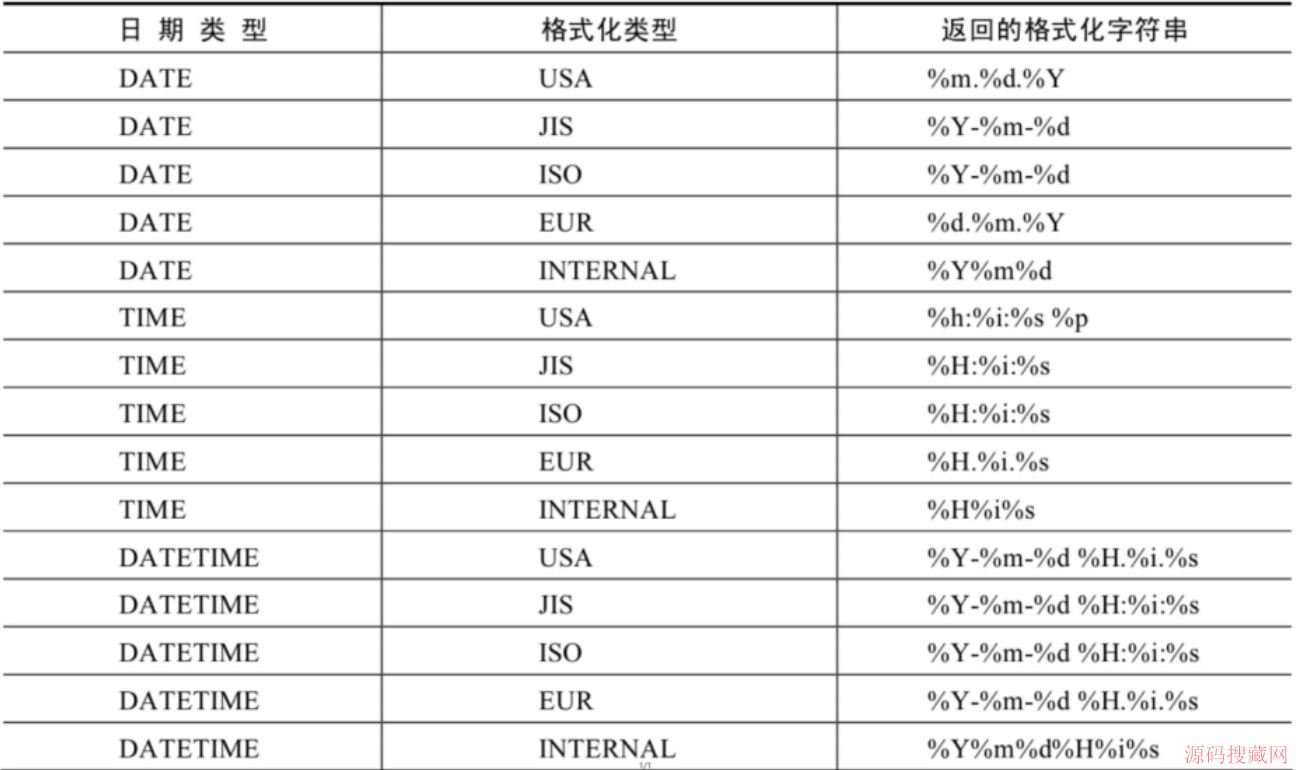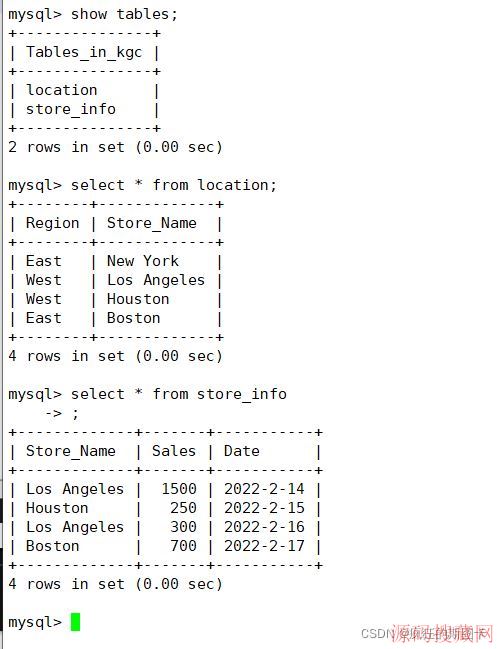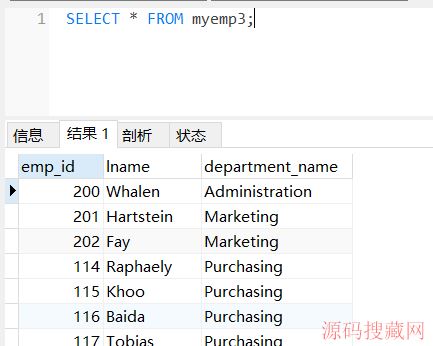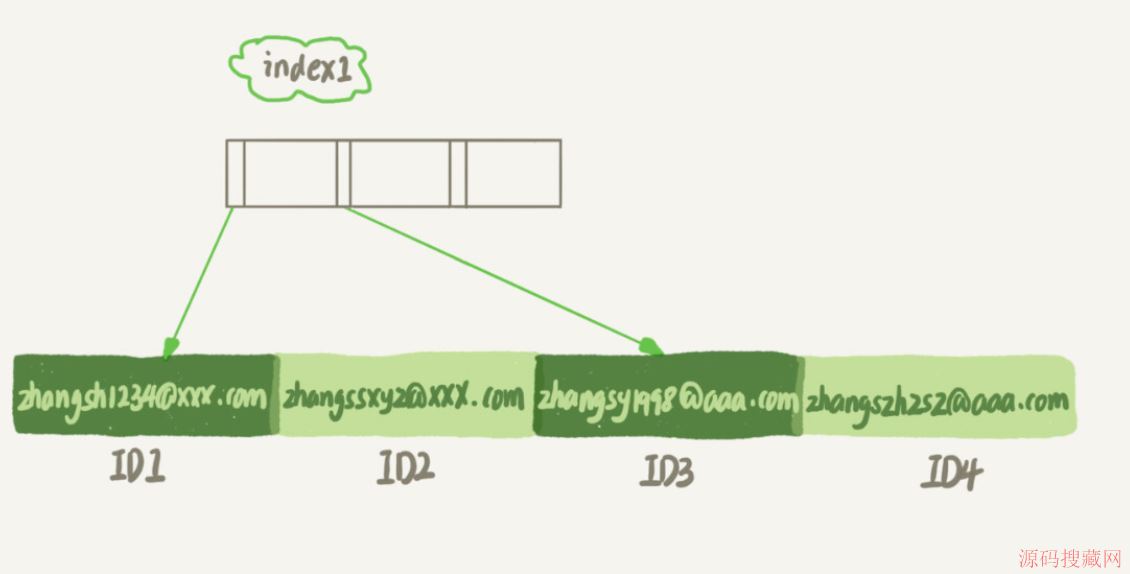MySQL vs PostgreSQL(8)
Expression Indexes Expression Indexes can be emulated in MySQL by adding a precomputed column and using a trigger to maintain it. PostgreSQL allows you to create indexes based on expressions (which may include calls to immutable functions). This is very handy in case there is a table with relatively stable data (not a lot of inserts / updates) and will often be running a query which involves an expensive calculation - the expression itself can be indexed thus eliminating the need of computing it at query runtime.
Non-blocking CREATE INDEX Dependent on the storage engine. Some engines (such as NDB Cluster and InnoDB Plugin) support online add/drop index (no locks taken). If the engine doesn't support online add/drop index, a write exclusive lock is required and the table copied. PostgreSQL supports the ability to create indexes without locking the table for writes.
Covering Indexes MySQL supports covering indexes, which allow data to be selected by scanning the index alone without touching the table data. This is advantageous with large tables that have many millions of rows. Covering indexes were added to PostgreSQL 9.2
[edit] PartitioningMySQL Supports several forms of horizontal partitioning.
PostgreSQL only supports RANGE and LIST partitioning[18].
A very useful way to define one or more temporary tables and refer to them in a query, all in one SQL statement. MySQL does not provide CTEs. PostgreSQL does provide CTEs.
[edit] Other featuresIn PostgreSQL, there is no built-in mechanism for limiting database size, mostly due to the risk it implies. This is another reason, after popularity, why the most of the web hosting companies are using MySQL[citation needed]. Also, PgAgent a scheduling agent for PostgreSQL allows for scheduled processes.
[edit] LicensingPostgreSQL comes with an MIT-style license, which fits the Free Software Definition and Open Source Definition, and conforms to both the and the Copyfree Standard.
MySQL's source code is available under terms of the GNU General Public License, which also fits the Free Software and Open Source definitions and conforms to the Debian Free Software Guidelines (but not to the Copyfree Standard). It is also available under a proprietary license agreement, which is typically intended for use by those who wish to release software incorporating MySQL code without having to release the source code for the entire application. In practical terms, this means that MySQL can be distributed with or without source code, as can PostgreSQL, but to distribute without source code in the case of MySQL requires paying Oracle for a MySQL Commercial License.
Even the MySQL client library is GPL (not LGPL: see GPL vs LGPL for more discussion of these licenses), which means that to use (and therefore link to) the MySQL client library the program must either itself be GPL, must use one of a broad range of FOSS licenses including BSD and LGPL, or must have a commercial license from Oracle.
See Copyfree vs Copyleft for more about the differences in licensing styles.
[edit] DevelopmentMySQL is owned and sponsored by a single for-profit firm, Oracle. MySQL AB holds copyrights to most of the codebase. MySQL's corporate management has drawn criticism for mismanagement of its development.
By contrast, PostgreSQL is not controlled by any single company, but relies on a global community of developers and companies to develop it. It does, however, enjoy both software development help and resource contributions from businesses who make use of PostgreSQL database technologies, such as EnterpriseDB. Corporate sponsors are considered contributors roughly like any other, however, within PostgreSQL's community-driven development model.
MySQL is an open-source PRODUCT.
Postgres is an open-source PROJECT.
— Greg Sabino Mullane , Postgres is not for sale (reprint of original blog post)
One criticism of the MySQL development model has been the historical reluctance of its corporate development team to accept patches from external sources. This has prompted some to say MySQL is not a "true" open source project. Nontrivial improvements from Google and Percona have been accepted into the main codebase recently, though how significant a change in external development policy this represents is yet to be seen.
Furthermore, PostgreSQL's development team is much more accessible than that of MySQL, and they will go as far as to provide you with a patch if there really is a problem with the engine.
热门源码







